Symptoms of Postpartum Depression and Perinatal Mood Disorders
WHAT ARE PERINATAL MOOD DISORDERS?
We used to only think of depression as happening postpartum and concentrated on postpartum depression (PPD) but research has showed us that many women experience these symptoms during pregnancy too. Mood disorders such as depression and anxiety that occur during pregnancy or within a year of delivery are now referred to as Perinatal Mood Disorders (PPMDs).
Many physical and emotional changes occur when we are pregnant and after we give birth and up to 20% of women report feelings of anxiousness, sadness, depression, panic, frustration and feeling hopeless. When these symptoms persist and a mood disorder develops, professional help is often necessary
Symptoms of Postpartum Depressionand Perinatal Mood Disorders
During pregnancy: Contrary to popular belief, pregnancy doesn’t protect women from developing mood disorders and up to 15% of women experience significant anxiety and/or depression in pregnancy. Common symptoms include overwhelming sadness, feelings of hopelessness, excessive worry and rumination, feelings of being overwhelmed, extreme changes in appetite, sleep and concentration.
Postpartum ‘blues’
Postpartum ‘blues’: (affecting 60-80% of all new mothers) is often expressed as frequent and prolonged crying, anxiety, irritability, poor sleep, quick mood changes and a sense of vulnerability. It usually occurs within the first three days following birth, continues for up to two weeks and is usually self-limiting.
Postpartum depression & anxiety
Postpartum depression & anxiety: (affecting 10-20% of all new mothers) is more debilitating and longer lasting than the ‘blues’ and is characterized by despondency, tearfulness and more intense feelings of inadequacy, guilt, anxiety and fatigue. There may also be physical symptoms such as headaches and rapid heart rate. A lack of feeling for the baby is of special concern. These feelings can appear any time during the first few months to one year after the birth. Unfortunately, women experiencing this form of depression rarely seek treatment although almost all respond well.
Postpartum post-traumatic stress disorder (PTSD) following childbirth
post-traumatic stress disorder (PTSD) following childbirth: is usually triggered by trauma during the time leading up to, during delivery or shortly afterwards. It can effect up to 6% of mothers. The trauma leads the women feeling that either her life or the life of her baby is at risk. For more information about PTSD Following Childbirth and specific traumatic labor resources click here for more on traumatic childbirth and labor.
Postpartum psychosis
Postpartum psychosis: or puerperal psychosis (found in 0.1% of new mothers) is a serious, but relatively rare disorder, with reactions such as extreme confusion, refusal to eat, delusions, auditory hallucinations, hyperactivity and rapid or irrational speech. Most of these reactions occur within 3-14 days following the birth. Psychosis is serious and requires immediate medical attention and at times medication and hospitalization.
A mother may:
- Feel constantly tired
- Cry often for no apparent reason
- Feel panicky
- Worry excessively about her own or the baby’s health
- Have a lack of feeling for the baby
- Have difficulty sleeping or eating
- Have problems concentrating
- Have frightening thoughts or fantasies
- Feel an overwhelming sense of loss
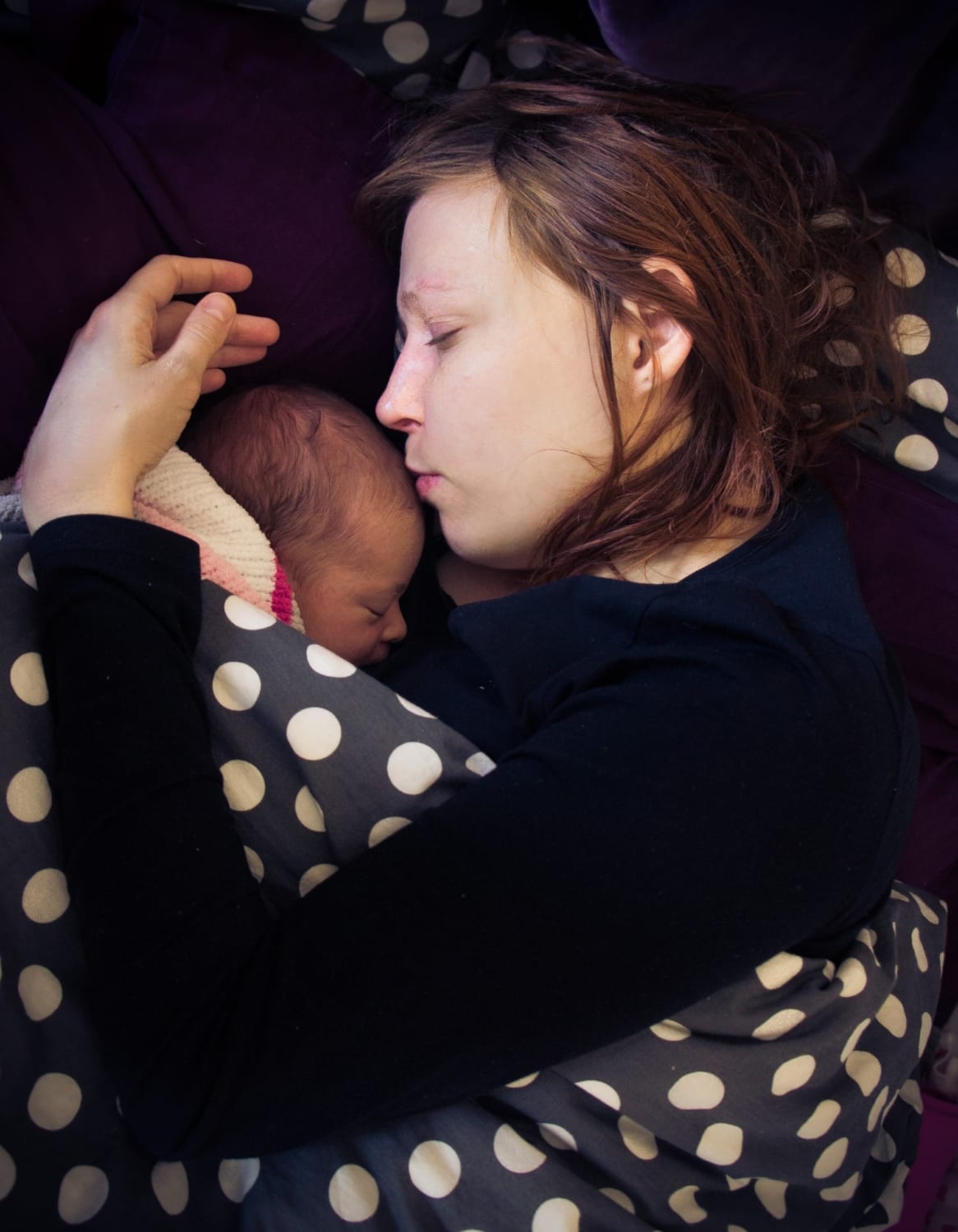
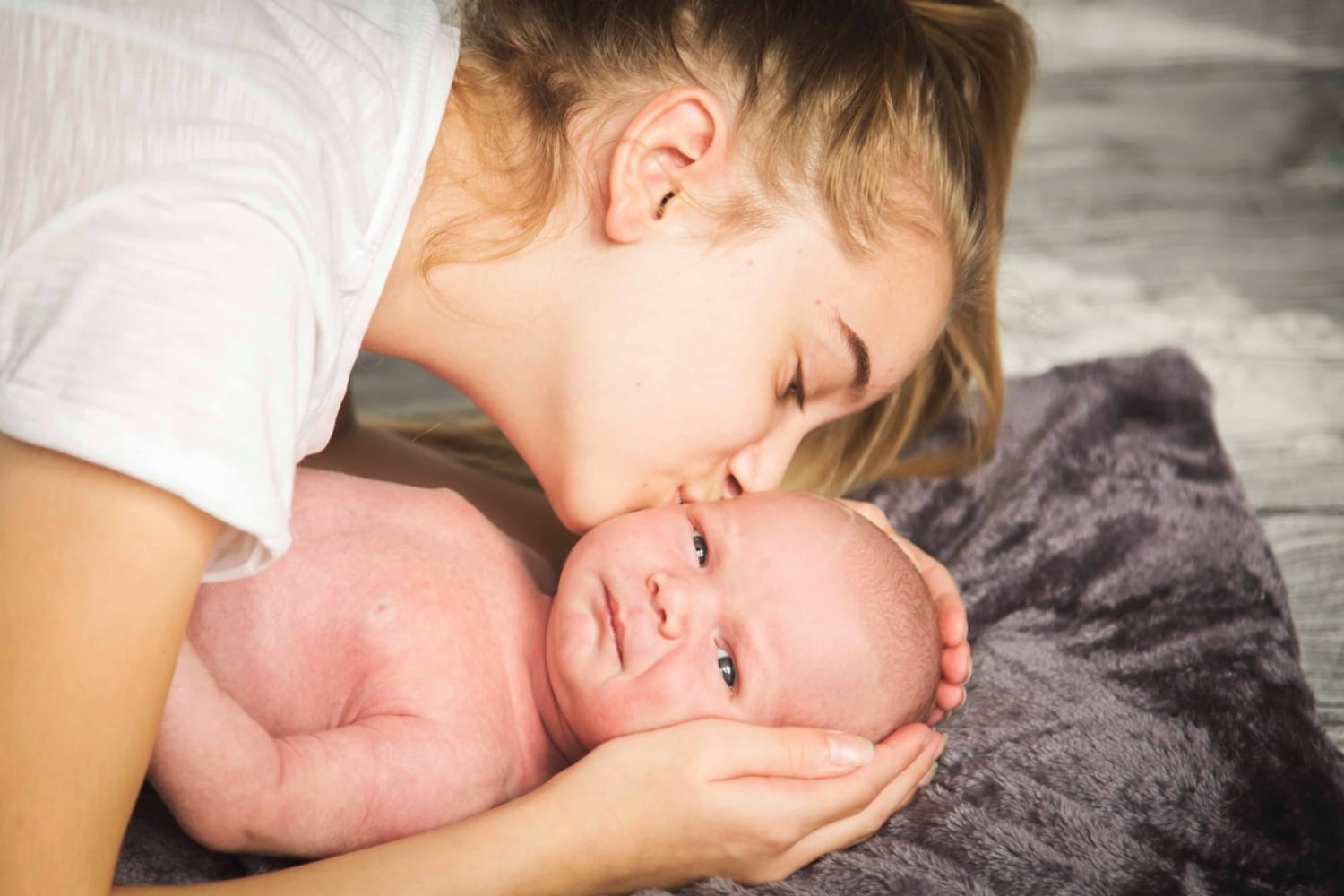
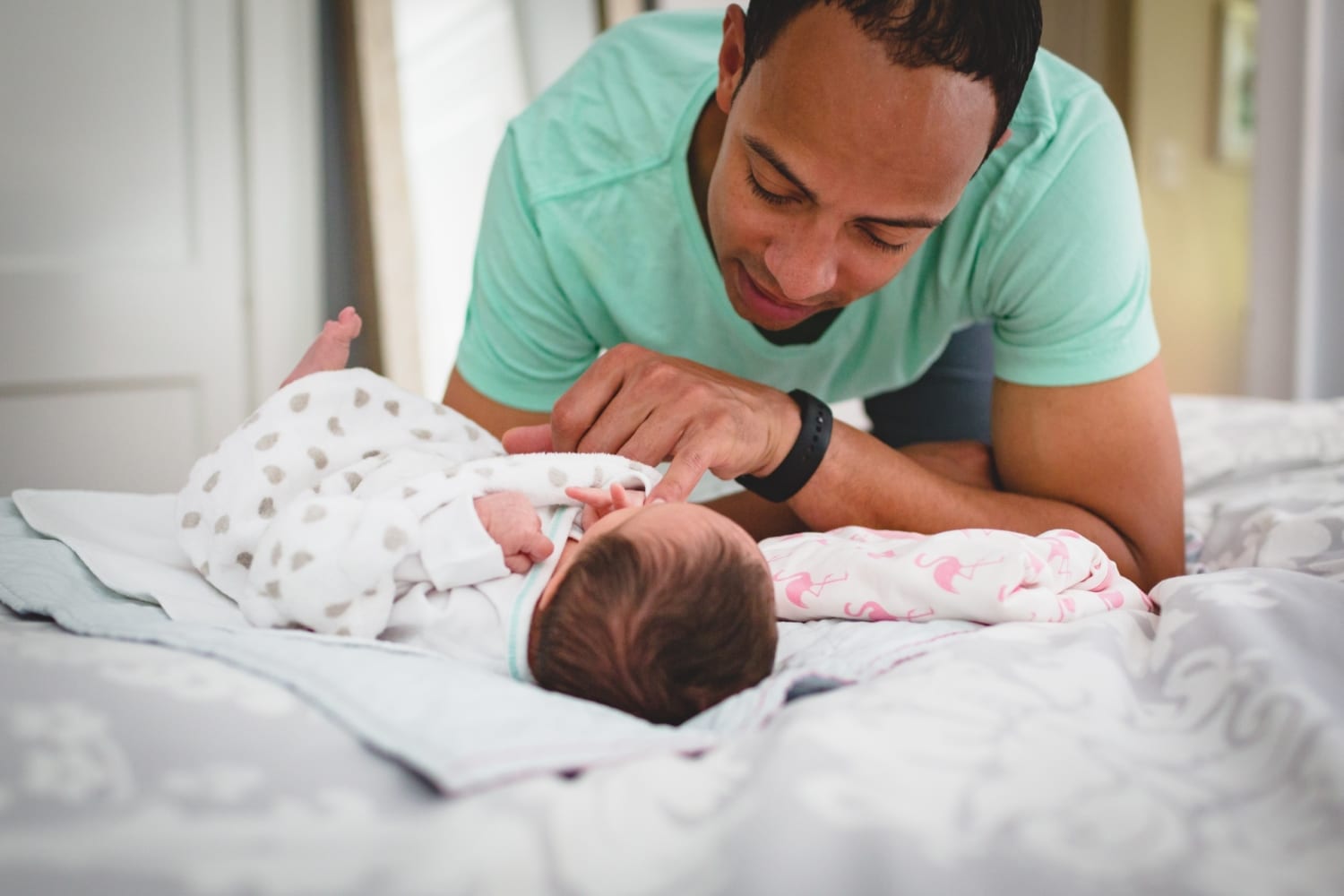
SOME COMMENTS FROM WOMEN EXPERIENCING POSTPARTUM PROBLEMS:
Mothers:
- I feel like running away.
- I don’t feel like myself anymore.
- I’m a rotten person, a rotten mother.
- I feel like I’m going crazy!
- I sometimes think of hurting the baby or myself.
Partners:
- I never know what to expect when I get home
- Will my partner ever be the same?
- Something is horribly wrong, but I don’t know how to help her.
- It’s tough to live with a depressed person.
These confusing emotions and experiences can be symptoms of perinatal mood disorders, but there is help available.
WHAT CAUSES PPMD & WHO IS AT RISK?
The causes of postpartum mood disorders are complicated. Some researchers think it is due to the rapid hormonal changes linked to pregnancy and birth or those with a family and /or personal history of emotional problems. Others feel personality and coping skills can make one vulnerable.
Still others argue that lack of social support and information may be responsible.
Researchers seem to agree that some of the following social risks may predict problems: recent death of a loved one, economic stress, a recent move, relationship problems, etc. No doubt biological, psychological and social factors all play a role.
Postpartum Anxiety &/or Depression Risk Quiz
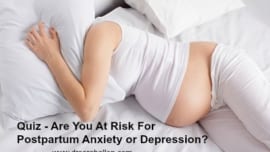
If you would like to take a quiz to see if you are at risk of developing a pregnancy or postpartum mood disorder click here.
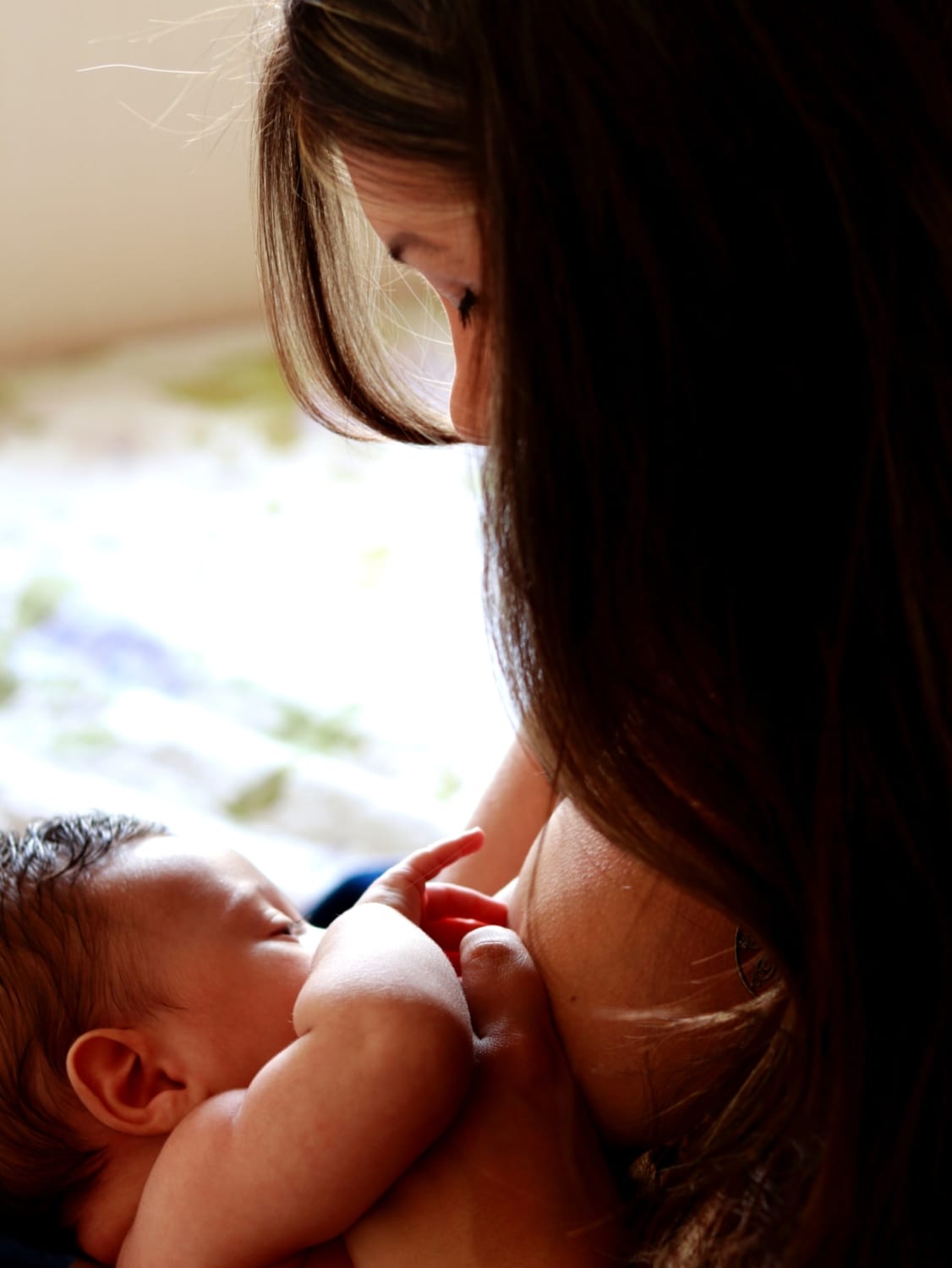
Free Downloadable Booklet & Screening Questionnaire.
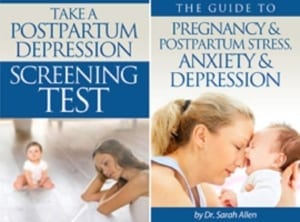 For more information about the different types of pregnancy and postpartum mood disorders please download a free booklet Guide to Pregnancy & Postpartum Stress, Anxiety & Depression click here.
For more information about the different types of pregnancy and postpartum mood disorders please download a free booklet Guide to Pregnancy & Postpartum Stress, Anxiety & Depression click here.
When Your Childbirth Experience Wasn’t What You Hoped For.
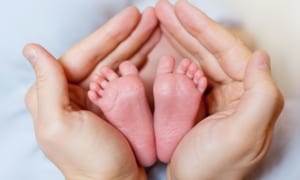
If you would like to read more about feelings women may experience after a difficult labor and some steps you can take towards healing click here.

